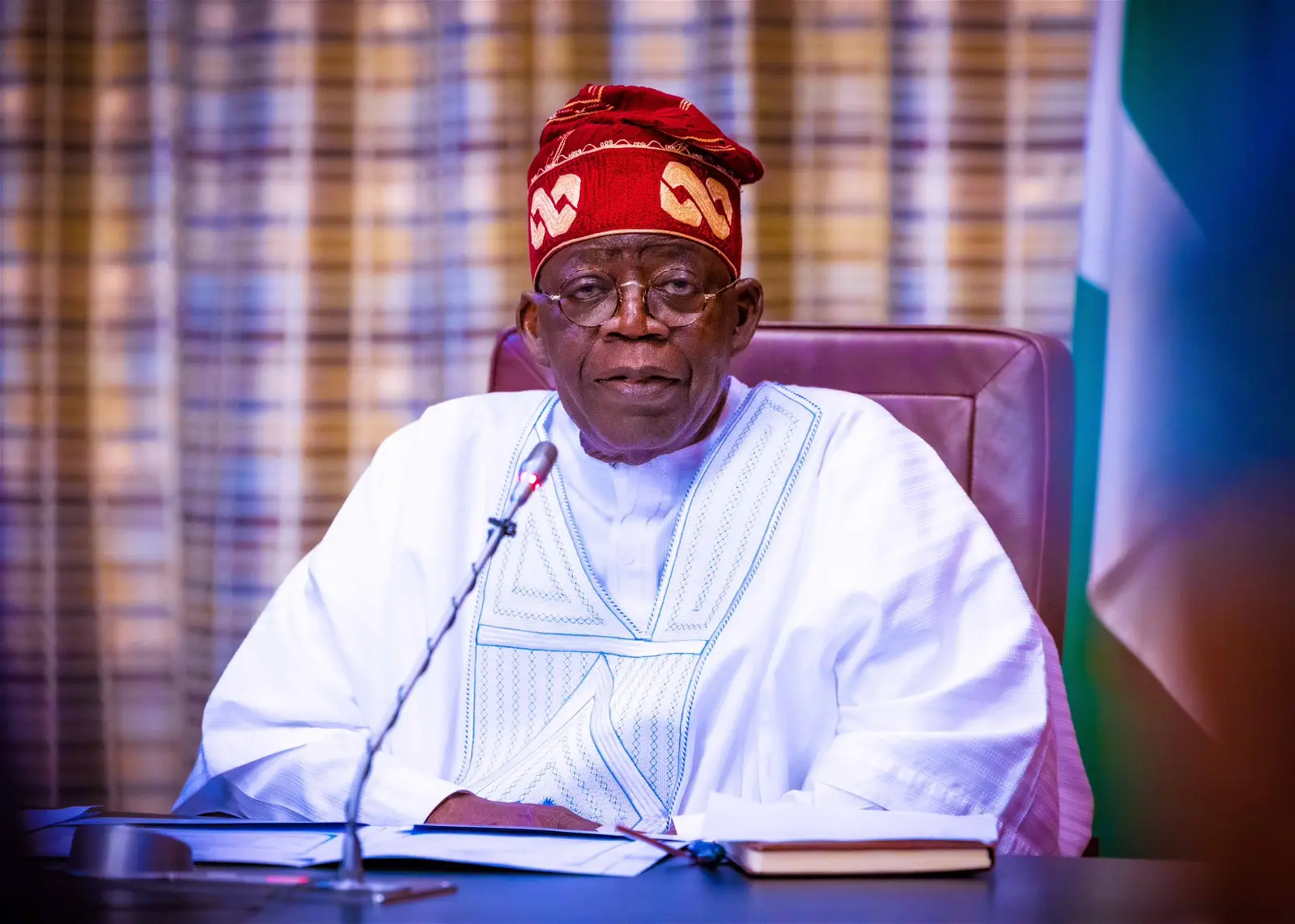Business
Tinubu sets up committee on fiscal policy, tax reforms to achieve 18% Tax to GDP ratio

The establishment of the presidential committee on fiscal policy and tax reforms has been approved by President Bola Tinubu, a day after signing executive orders to suspend the five per cent excise tax.
Tinubu approved the committee which would be chaired by the Fiscal policy partner and Africa tax leader at PriceWaterhouseCoopers (PwC), Taiwo Oyedele.
This was disclosed on Friday by the Special adviser to the president on special duties, communications and strategy, Dele Alake.
Oyedele will lead the think-tank committee on the reform of tax law, design and coordination of fiscal policy, tax harmonisation, as well as revenue administration.
They are also tasked with the responsibility of enhancing the efficiency of revenue collection and promoting the effective utilisation of tax and other revenues to boost citizens’ tax morale.
The committee will also ensure transparent reporting and foster a healthy tax culture, and drive voluntary compliance.
Addressing the importance of the committee’s role, a special adviser to the president on revenue, Zacchaeus Adedeji, said: ”Nigeria ranks very low on the global ease of paying taxes while the country’s Tax to GDP ratio is one of the lowest in the world and well below the African average.
READ ALSO:Tinubu signs Executive Orders to ease tax burden on businesses
”This has led to an overreliance on borrowing to finance public spending which in turn limits the fiscal space as debt service costs consume a greater portion of government revenue, annually resulting in a vicious cycle of inadequate funding for socio-economic development.
“While some incremental progress has been recorded over the years, the outcomes have not been transformative enough to change the narrative.”
Adedeji said Nigeria’s tax system has been largely affected by multiple taxes and revenue collection agencies, a fragmented and complex tax system, low tax morale and a high prevalence of tax evasion.
He also pointed out the lack of coordination between fiscal and economic policies as one of the challenges faced by Nigeria’s tax system.
The high cost of revenue administration and poor accountability in the utilisation of tax revenue was also mentioned by Adedeji.
The special adviser on revenue said Tinubu’s aim is to h reduce the high cost of revenue administration, hence the need to set up the committee, which will not just advise the president but also push implementation.
”Our aim is to transform the tax system to support sustainable development and achieve a minimum of 18% Tax to GDP ratio within the next three years without stifling investment or economic growth.
”It should be noted that this committee will not only advise the government on necessary reforms, but will also drive the implementation of such recommendations in support of the comprehensive fiscal policy and tax reform agenda of the current administration.”
Join the conversation
Support Ripples Nigeria, hold up solutions journalism
Balanced, fearless journalism driven by data comes at huge financial costs.
As a media platform, we hold leadership accountable and will not trade the right to press freedom and free speech for a piece of cake.
If you like what we do, and are ready to uphold solutions journalism, kindly donate to the Ripples Nigeria cause.
Your support would help to ensure that citizens and institutions continue to have free access to credible and reliable information for societal development.
























